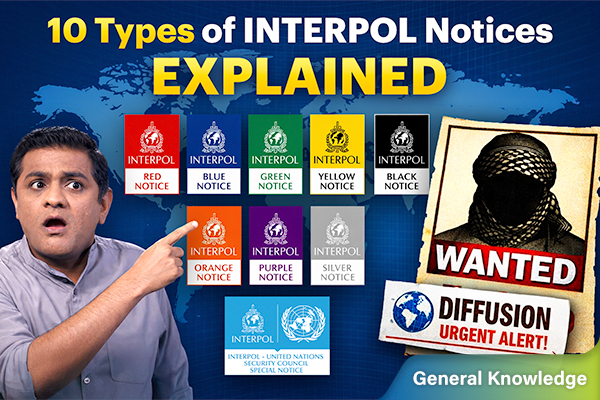Understanding Cash Deposit Charges: A Smart Guide
Some banks charge a fee when you deposit cash, so it’s better to know your bank’s rules and use your home branch or digital methods to avoid extra charges.
When you deposit cash into your bank account, some banks may charge a fee for it. This fee is known as a cash deposit charge. These charges can change depending on the bank’s rules, how much money you are depositing, what type of account you have, and whether you are depositing the money at your home branch or at another branch of the same bank.
Your home branch is the one where you first opened your account. If you visit another branch of the same bank, it is called a non-home branch. Most banks allow a few cash deposits every month for free, especially if you are visiting your home branch. For example, ICICI Bank allows the first three cash deposits for free every month at your base branch. Similarly, HDFC Bank gives a free deposit limit of up to ?10,000 per month.
However, if you cross the free limit, the bank may start charging you. These charges can be a fixed amount per transaction or a small percentage of the total cash you deposit. Some banks also have a minimum fee even for small deposits and a maximum cap on charges for large deposits. For instance, PNB does not charge for cash deposits up to ?1 lakh per day at your base branch, but if you deposit the same amount at a non-home branch, charges between ?100 and ?30,000 may apply.
The location of the branch also matters. Depositing money at your home branch is usually cheaper or even free, but depositing at a non-home branch might attract charges after one or two free deposits. Some people use Cash Deposit Machines (CDMs), which may be free or chargeable depending on how much you deposit, the time of the day, or whether it is a holiday.
To avoid paying extra charges, it’s better to use your home branch for deposits. You can also switch to online methods like NEFT, IMPS, or UPI to transfer money without any cash handling. Depositing larger amounts fewer times is also a good idea, instead of making many small deposits. Use digital wallets and CDMs smartly within the free limits provided by your bank.
Always remember to check your bank’s latest rules either by visiting their website or talking to a branch officer, because the charges can be different for personal and business accounts and may change from time to time.







